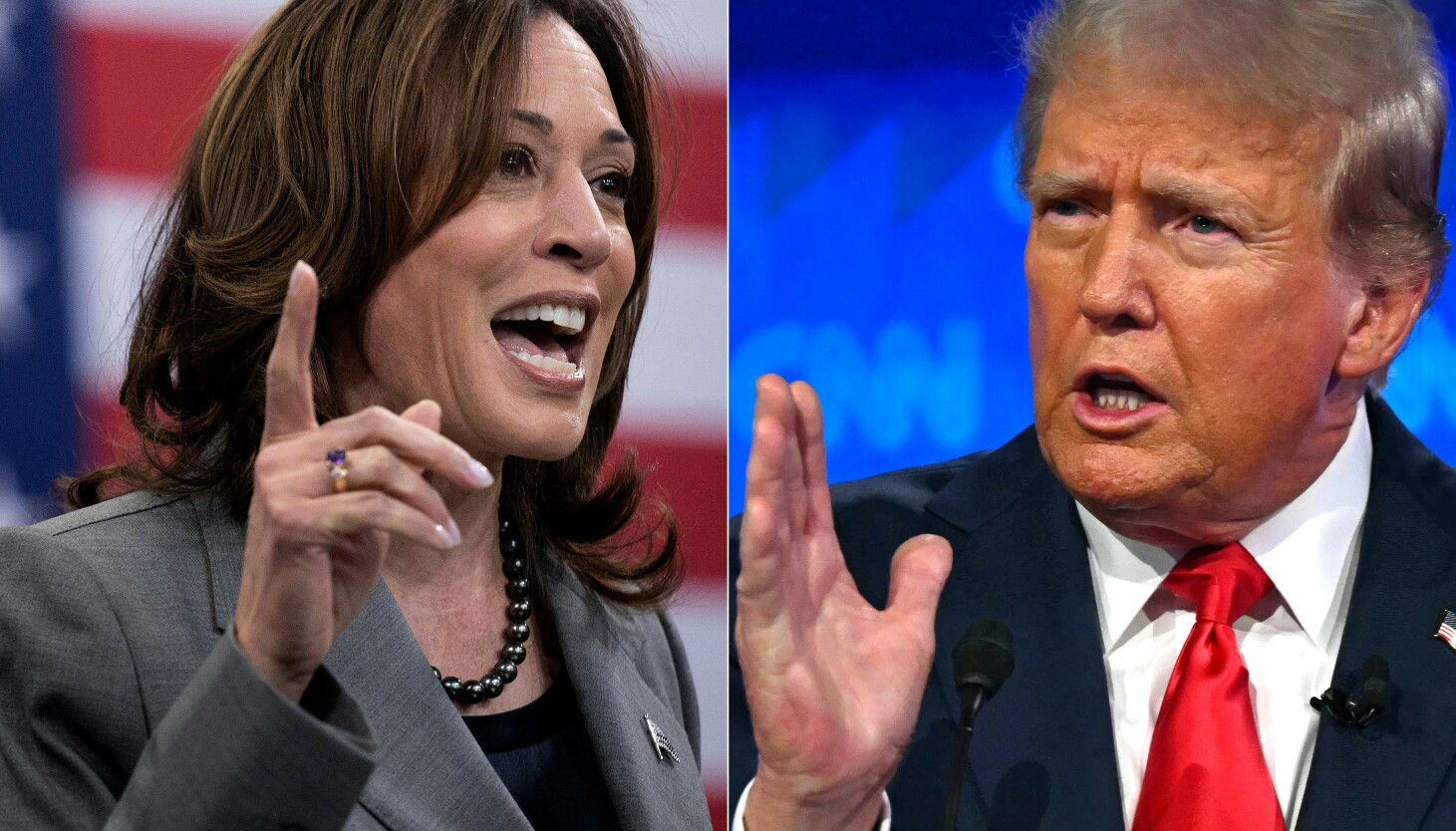Will they or won’t they?
By the time this editorial is in print, the Sept. 10 debate between Kamala Harris and Donald Trump could be, once again, a no-go, considering the back-and-forth about muted mics and other issues in recent days.
But as we write this, both presidential candidates were committed to squaring off in Philadelphia.
“I have reached an agreement with the Radical Left Democrats for a Debate with Comrade Kamala Harris,” the Republican nominee wrote in his typical brusque manner on his Truth Social platform last Tuesday. “It will be Broadcast Live on ABC FAKE NEWS, by far the nastiest and most unfair newscaster in the business…”
Trump’s views on journalism and hard facts don’t matter. It’s also immaterial whether or not the mics are muted when it’s not a candidate’s turn to speak (the mics will be muted, according to the latest reports, while the Harris campaign reportedly preferred hot mics). The main objective is to get the two in the same space at least once, so Americans can learn more about how they would tackle the substantive issues facing the country.
Polls have consistently shown that Americans’ top concerns this election season are the economy and immigration. Other issues on voters’ radar include reproductive rights, health care, climate change and the environment, tax cuts, and the U.S.’s roles in overseas conflicts such as the Israel-Hamas war and the war in Ukraine.
Presidential debates have always been meant to inform the electorate about candidates’ policy views and help voters make better decisions. In that sense, they’re a bedrock of democracy, though many people do watch the debates as entertainment and have even engaged in drinking games while watching.
While debates, in the end, may often have little or no impact on the final outcome of elections, voters deserve a chance to compare how the candidates perform under pressure. They are, after all, vying for the most important job in the nation, if not the world. Showing fitness for the office, or lack of it, is crucial.
If there are glaring missteps or verbal sparring, that’s telling. Either one could well play a crucial role in deciding a close presidential race. One study found that, while debates usually just reinforced choices voters have already made, “there also appeared to be sizable potential for debates to change citizens’ preferences — especially among those respondents who were undecided or were weakly committed to one of the candidates.”
A poor debate performance can put an end to a political career, or at least a big damper on it. That’s what famously happened to Richard Nixon after the first of four televised debates between him and John F. Kennedy. “My God, they’ve embalmed him before he even died,” Mayor Richard J. Daley reportedly said of Nixon’s on-air appearance at the 1960 debate taped in Chicago. Nixon, of course, went on to win the election in 1968 — when he declined to debate opponent Hubert Humphrey.
President Joe Biden’s more recent weak debate performance planted the seeds of the pressure campaign that led to his eventual decision not to run as the Democratic nominee and pass the baton to Harris, the second woman to be a major party presidential nominee.
A record 84 million viewers tuned in to watch the first debate of the 2016 presidential election between Trump and the first woman to run as a major party presidential nominee, Hillary Clinton, according to Nielsen Media Research.
Four years later, 73 million people — the third-largest debate audience ever — watched at least some of the Trump-Biden debate.
A healthy debate — not loud arguing — will give Americans a chance to see how quickly the candidates can think on their feet; whether Trump will engage in the same antics as in 2016, when he stalked behind Clinton on the debate stage; and whether Harris can do more to introduce herself to voters in a shortened campaign season.
America, as everyone knows, is politically polarized. Many voters have already made up their minds. Even if you’re one of them, we urge you to tune in.
Because debates are still a tradition worth upholding.
The Democracy Solutions Project is a collaboration among the Chicago Sun-Times, WBEZ and the University of Chicago’s Center for Effective Government, with funding support from the Pulitzer Center. Our goal is to help listeners and readers engage with the democratic functions in their lives and cast an informed ballot in the November 2024 election.
Send letters to letters@suntimes.com
Get Opinions content delivered to your inbox. Sign up for our weekly newsletter here.
The Sun-Times welcomes letters to the editor and op-eds. See our guidelines.
More about the Sun-Times Editorial Board at chicago.suntimes.com/about/editorial-board
